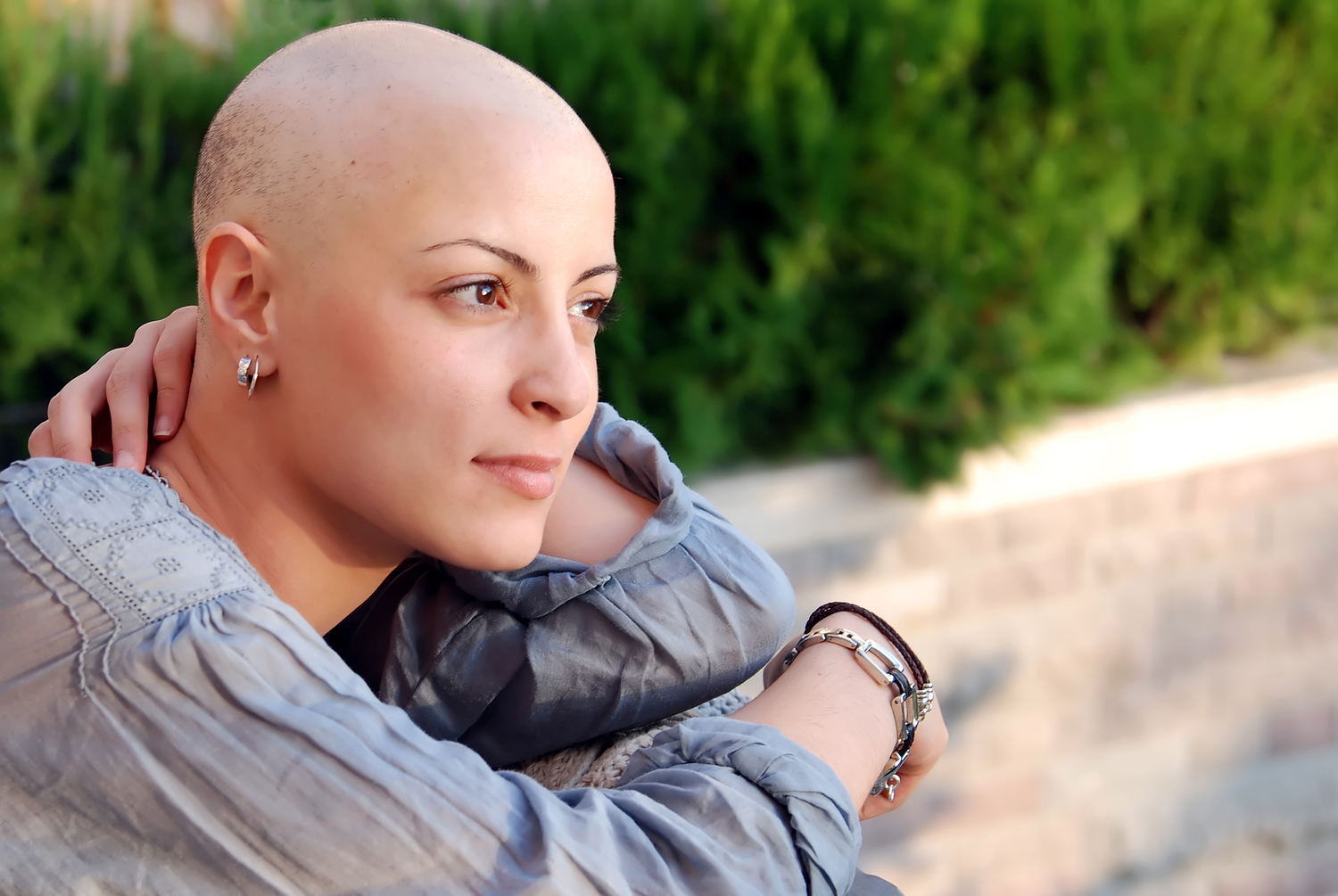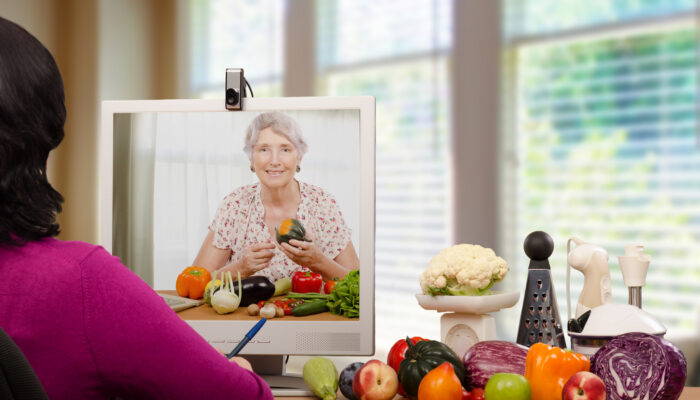
Food and Lifestyle Choices for Colon Cancer Patients
More than 140,000 individuals in the country are diagnosed with colon cancer every year. Scientists now have a better understanding of some of the connections between various factors and the risk of developing the condition.
Though the full complexity of the connection between dietary choices and colon cancer is yet to be understood, studies are increasingly pointing towards certain food and lifestyle choices that increase the risk factors for colon cancer.
Two important, long-term studies were conducted at the Harvard School of Public Health that followed 121,000 subjects for 25 years between 1986-2012, to track possible factors that influenced health. Researchers studied the food choices made by these patients and compared them to subjects who did not develop colorectal cancer and certain significant differences were noticed. Other studies show that nutrition plays a major role in coping with the disease and its treatment. Certain foods also increase cancer risk.
A healthy lifestyle that includes optimum levels of exercise, giving up unhealthy habits and getting enough rest are important aspects of reducing risk factors of colon cancer.
1. Diet and colon cancer
Colorectal cancer is not a single disease entity. It is a heterogeneous complex of diseases with a variety of genetic abnormalities. Each one of these cancers may have distinct causes, prevention strategies, disease trajectory, prognosis and treatment methods. However, reports released by the World Cancer Fund reveal that certain common dietary and lifestyle factors are associated with these cancers.
Foods that are deemed to produce the highest risk factors for colon cancer include the following:
- Processed meats
- Fatty red meats
- Highly processed, low-fiber foods
- Foods high in salt, cured and pickled foods
- Artificial sweeteners
- Burnt and barbecued foods
- Peanuts contaminated with toxic mold
- High alcohol consumption
- High consumption of dairy
- Over-cooked foods especially those that have been charred/grilled, deep-fried, or sauteed
- Certain aged cheeses
- Fried eggs
- Butter, mayonnaise, cream cheese, margarine, oils, and nuts subjected to high heat
- Excess sugar
- Refined carbs
Nutritionists recommend eating more fresh, raw vegetables and leafy greens, foods high in dietary fiber like cereals and whole grains, tomatoes, citrus fruits, and cruciferous vegetables to reduce the risk factors of colon cancer. It is also essential to focus more on plant sources.
2. Lifestyle choices and colon cancer
Apart from diet, certain kinds of lifestyle can increase the risk factors for colon cancer. People who are already at risk due to their age, race, personal/family history, and dietary habits can manage the risk better by adopting a more healthy lifestyle.
Unhealthy lifestyle habits that increase the chances of one developing the condition include the following:
- Irregular eating and sleeping habits
- Obesity
- Over-consumption of alcohol
- Lack of regular, moderate exercise routine
- Foods or beverages that promote inflammation and irritation
- Smoking and use of tobacco products
- Not getting screened regularly when part of a high-risk group



